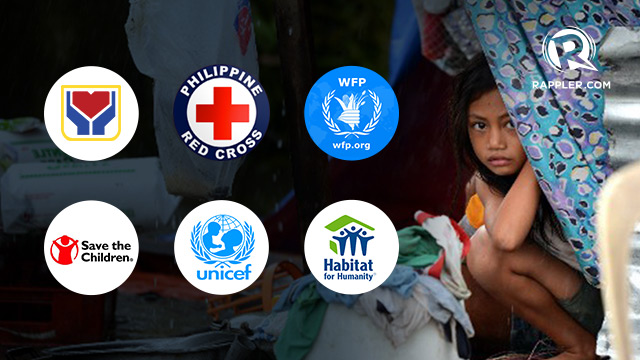by Elmer S. Soriano
Is it possible to have governance without government?
The idea of public leadership untethered from the bureaucracy has a lot of potential especially in contexts where government has been crippled by disaster, and where government is not trusted under normal circumstances.
Imagine a set of a few million professionals: doctors, nurses, engineers, managers, realtors, etc. collectively organizing themselves to get work done for a certain cause. That is exactly what happened when Supertyphoon Yolanda struck in 2013.
The thought of massive destruction and death aroused powerful feelings of kinship among Filipinos abroad. The Supertyphoon was a powerful frame that allowed individuals to recognize needs far bigger than any mayor could handle alone, and it was from within this mindset that old boundaries blurred and individuals acted beyond the confines of their job descriptions and stepped up to work collectively to rebuild devastated communities.
The article #YolandaPH (Haiyan): Filipinos worldwide heed call to action by Rappler lists dozens of organizations mobilizing thousands of individuals just days after Haiyan struck.
The term "nodal governance" has been used by Burris et al as "a variety of actors operating within social systems interact along networks to govern the systems they inhabit."
"...that any collectivity can be understood to be an ‘outcome-generating system’ (‘OGS’) whose workings are generally too complex to be fully understood. Inhabitants develop forms of governance as a strategic adaptation to complexity. Our theory posits that governance in such systems is substantially constituted in nodes — institutions with a set of technologies, mentalities and resources — that mobilize the knowledge and capacity of members to manage the course of events. Nodes are normally but not essentially points on networks, but networks are a prime means through which nodes exert influence.Source: http://www.temple.edu/lawschool/phrhcs/salzburg/Nodal_Governance_Article.pdf
The movie Fire in the Blood describes an OGS in the context of global HIV work. It shows how networks adapt and how complex dependencies emerge as nodal leaders and nodal governance is generated.


I wonder if communities devastated by Yolanda would come out better off in terms of learning shared community values had they been left to themselves to adapt to the complexity of disaster and govern themselves out of it versus receiving all the help they could get from the outside.
ReplyDeleteI just passed this into a colleague who was doing a little research on that. And he actually bought me lunch because I found it for him smile So let me rephrase that. Citizenship Help
ReplyDelete